If you're ready to experience joy in learning within a unique community, Deerfield is the place for you.

Deerfield is a place where we experience joy in learning—together. It’s about the quality of our advising, mentoring, coaching, and teaching—the quality of the relationships we create with students across every interaction.
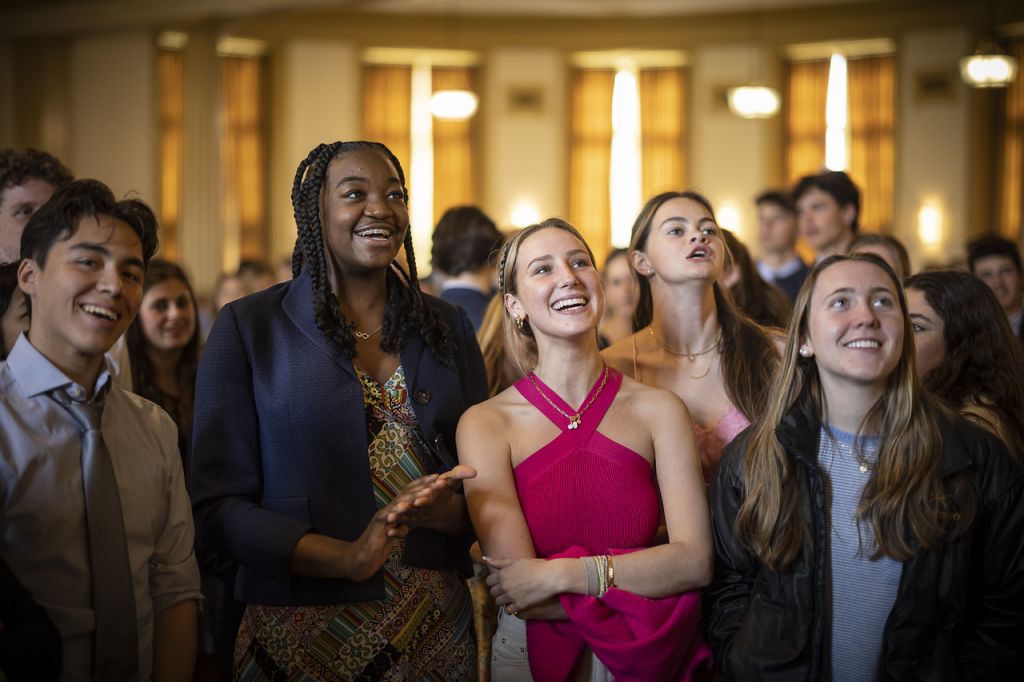

Deerfield’s athletic programs are dynamic and diverse; so are Deerfield athletes. Many students compete on one or more teams at the varsity level; others develop their skills in junior varsity and recreational programs.
The Art of Political Argument
Open to Juniors and Seniors
Since the introduction of moveable type to Europe in 1450, political argument has been the common currency of public debate and democratic citizenship. Many of our most widely read public documents John Milton’s “Areopagitica,” Jonathon’s Swift’s “A Modest Proposal,” Thoreau’s “Resistance to Civil Government,” Frederick Douglass’s “What to the Slave is the Fourth of July,” and Martin Luther King, Jr.’s “Letter from a Birmingham Jail” originated not as the widely admired works of literature they have since become, but as works of the moment addressing the great historical, political and cultural questions of their ages: freedom of speech and conscience, civil and human rights, the duties of citizens and the limits of democratic governance, to name but a few. This course traces the rich history of public argument across time (from the 18th to 21st centuries), genre (pamphlets, manifestos, public letters and lectures, Op-Eds, blogs and long form polemic), and media (print and digital). It seeks to introduce students to the classic ideas of conservative, liberal and radical thought, while extending the reach of student’s reading and deepening their understanding of the conventions and rhetoric of public argument. The syllabus will be shaped around heterodox bundles of texts and include work by authors such as: Edmund Burke, Thomas Paine, James Madison, Karl Marx, Abraham Lincoln, John Stuart Mill, Aldous Huxley, William James, George Orwell, Hannah Arendt, Susan Sontag, Christopher Hitchens, Amos Oz, Martha Nussbaum, Peter Singer, Mark Danner, Michael Massing, George Packer, Mark Lilla, Ta Nehisi Coates, Thomas Chatterton Williams, Zadie Smith, Wesley Yang, Katha Pollitt, Jonathan Chait, John McWhorter, Ross Douthat and Andrew Sullivan, among others. Course may also be taken as HIS410.
Big History
Open to Freshman and Sophomores
How did the universe begin? How has the universe developed over time? How do humans fit into this evolving story? Where is the future heading? These are questions that origin stories from different cultures have addressed for thousands of years. This course explores the modern scientific origin story of how the universe and life within it has grown more complex over the last 13.8 billion years. This tale, itself thousands of years in the making, has been woven together by a wide spectrum of thinkers and scholars from numerous scientific and historical fields. Together, students will engage powerful ideas and common themes across the entire time scale of history, from the Big Bang and creation of star systems to the emergence of the Earth’s first microorganisms and the recent rise of human societies. Because Big History relies upon content, concepts and texts drawn from many disciplines, students will need to carefully weigh how scholars develop and justify their claims about the past, and how, over time, new claims serve to refute or refine earlier ones. Students will also have the opportunity to create their own narratives, explanations and arguments in response to Big History’s essential questions. Each 100-level history course provides students with a foundation of core skills, including source analysis, discussion and debate, inquiry-based research, and analytical writing and presentation.
Philosophy of Happiness
Open to grades Open to grades10/11/12.
Prerequisites: 10th graders must have completed Ethics.
Designations: NCAA
This course will examine a range of questions about the nature of happiness. What is happiness, and why does it matter? Is it the main thing to pursue in life, or are there other things that are more important? Is it a kind of pleasant feeling, or is it something more “objective” than that? What assumptions about happiness are implicit in the ways that psychologists, economists, and writers of popular media measure and talk about happiness? Students will consider these and other questions, engaging with historical and contemporary work from philosophers, scientists, religious thinkers, and contributors to popular media. The primary aim of the course will be to introduce students to rich traditions of philosophical thinking about happiness and to equip them to begin thinking with some degree of rigor and discipline about questions of happiness as they arise in their lives.
Electric Vehicle Engineering
Open to Juniors and Seniors
Students in this class will spend the year working to understand an electric vehicle’s inner workings through a hands-on process of deconstruction, design, and reconstruction. The course’s primary focus is converting a vehicle with an internal combustion engine to run on electrical power. Students are offered a unique opportunity to solve problems by testing practical designs and bringing their ideas to fruition through the hands-on construction and implementation of their ideas. Students will be assessed on their ability to collaborate effectively, demonstrate independence, resilience, and time management. Additionally, students will study topics including, but not limited to, gear ratios, thermodynamics, DC motors, fuses, switches, motor controllers, variable resistors, rolling resistance, battery charging, battery management, torque, amperage draw, and energy efficiency.
Architecture of Deerfield
Open to Juniors and Seniors
Would you like to know more about the place where you’re going to school? Old Deerfield, including buildings part of Deerfield Academy, Historic Deerfield, and the Pocumtuck Valley Memorial Association, provide an ideal laboratory to study architecture, history, and historic preservation. Through field trips, discussions, and hands-on projects, including perspective sketching and water coloring, students will develop an awareness of architectural and preservation philosophy and learn about why the buildings in Deerfield look the way they do. A particular emphasis will be placed on future development in town and on campus and how the existing built environment can/should influence those decisions.
Discrete Math & Precalculus
Open to all students
This course follows MAT400. It is also intended for students who have completed 405 and who do not wish to study calculus at this time. This course provides a continued emphasis on the development of functions and relations, including a thorough study of polynomial, rational, exponential, logarithmic, and power functions. Further, data analysis and difference equations are used to model real world phenomena. Calculator and computer based graphing technology are incorporated into the course.

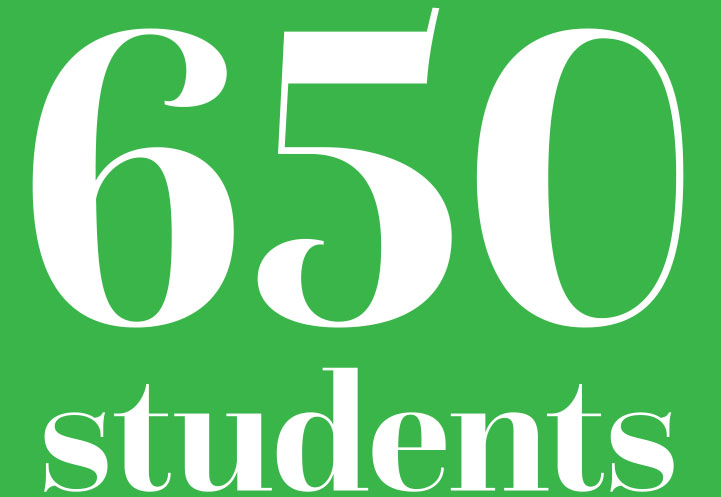

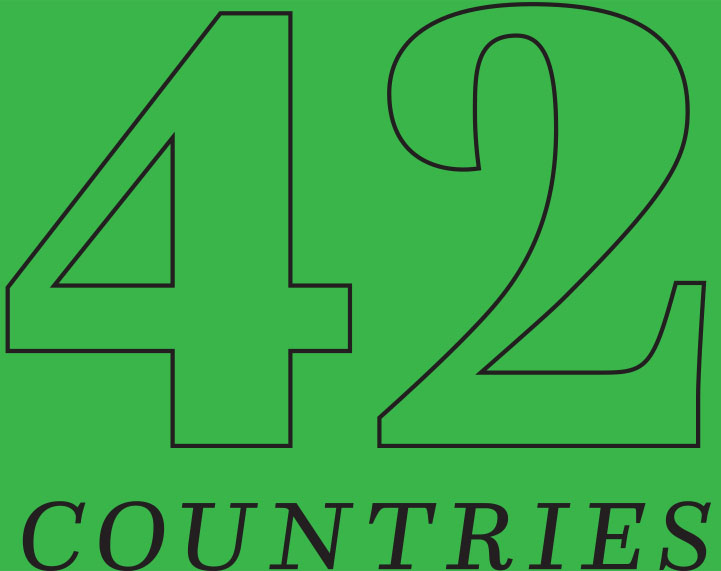
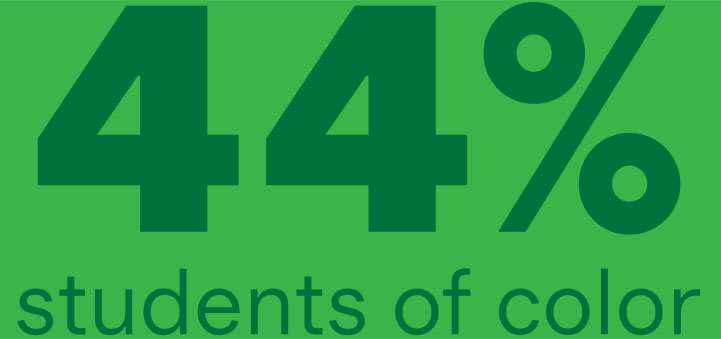





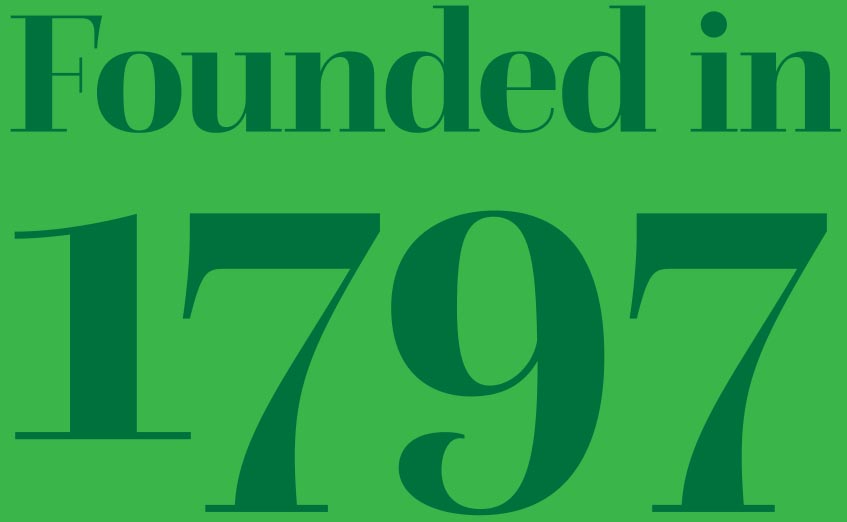
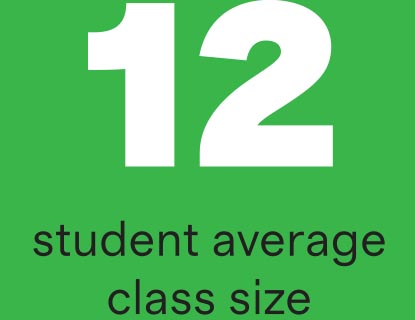
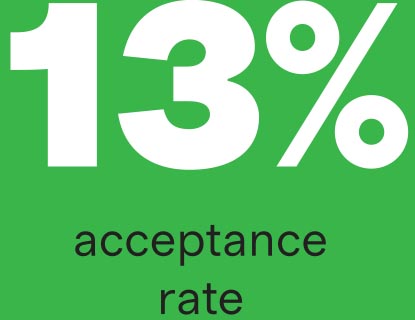



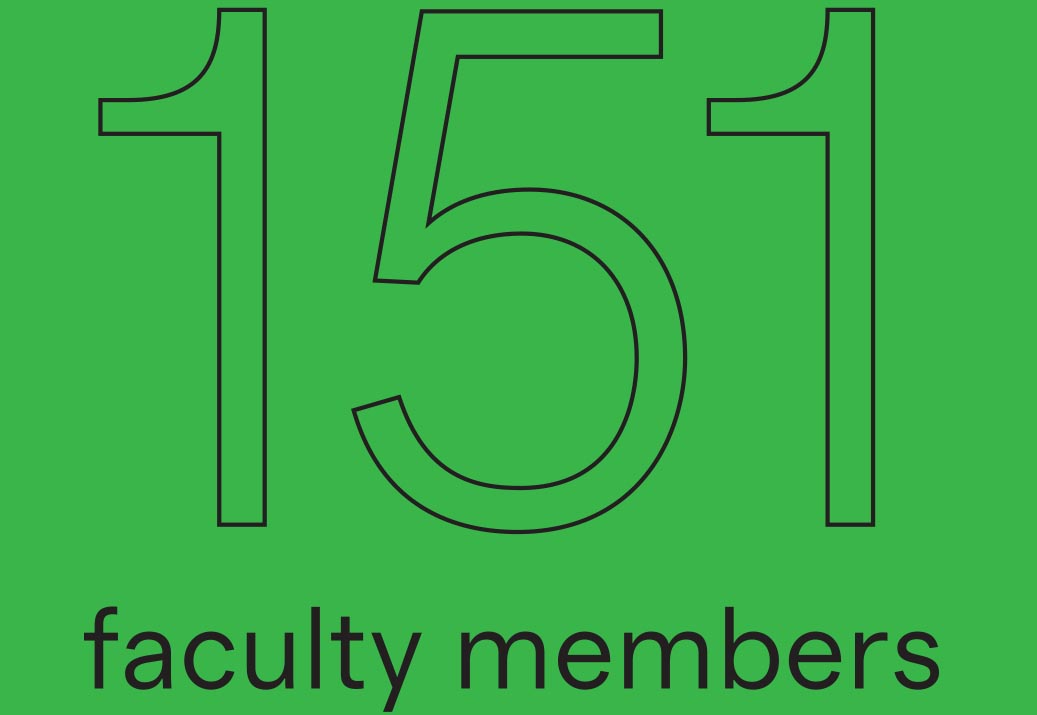



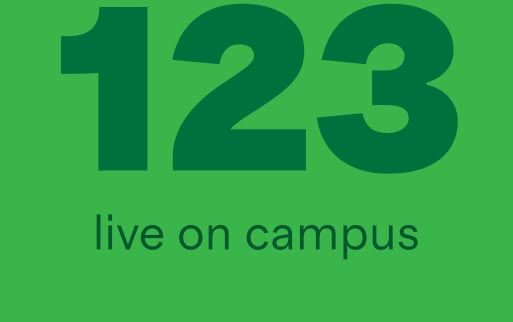

Deerfield’s commitment to affordability and access in the form of need-based financial aid is historic, deep, and central to its educational mission. It is founded on the idea—beautifully articulated over a century ago when Frank L. Boyden asked families to ‘pay what you can’—that the Deerfield Experience should be accessible to all young people of promise regardless of means.”
— Head of School Dr. John Austin

TENTH GRADER / DENNIS, MASSACHUSETTS
Lily
“I pursued a boarding school education because I wanted to be in an environment that would push me. Deerfield is where I learned to believe in myself.”
LILY’S CLASS SCHEDULE
- Ancient Civilizations
- Spanish 1
- Geometry 202
- Chemistry 1
- Defining Literary Traditions* Acting 2 (fall and winter)
- Health Seminar 2 (spring)
CLUBS & ACTIVITIES
- Theater (acting)
- Page Turners (book club/literacy advocacy group)
- The Reme-D’s (a cappella group)
- Deerfield Night Live (sketch comedy)
- Albany Road (literary magazine)
- Speech and Debate Club
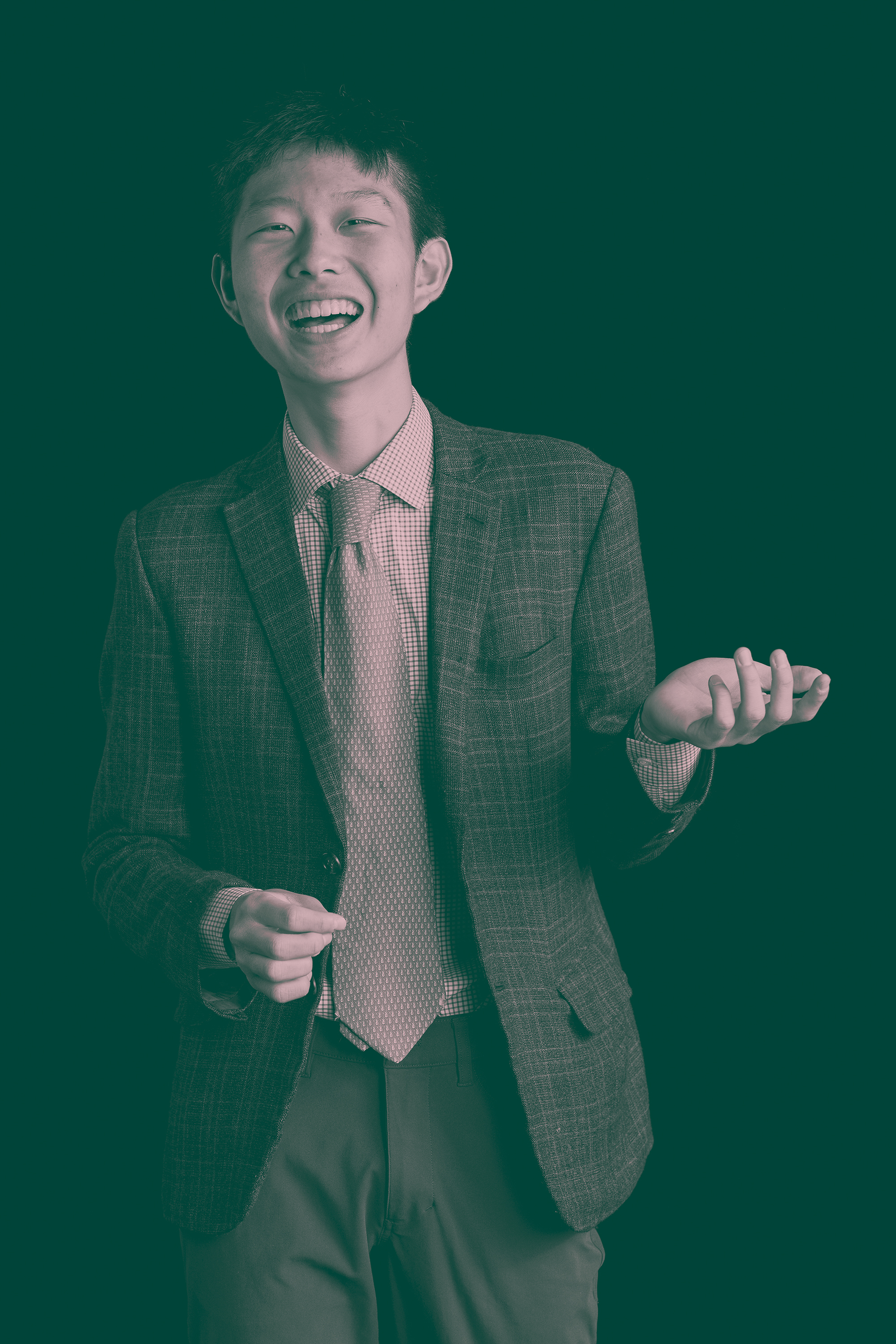
ELEVENTH GRADER / SEOUL, SOUTH KOREA
Justin
“The best part of Speech and Debate is the social element. We meet people from all over the world at conferences and competitions. The goal is never to crush the opposition—it’s to learn and improve alongside each other.”
JUSTIN’S CLASS SCHEDULE
- Honors Biology 1
- American Voices
- Multivariable Calculus & Differential Equations
- Chinese 5 Honors
- Honors United States History
- U.S. China Relations (fall and winter)
- Moot Court: U.S. Constitution (spring)*
CLUBS & ACTIVITIES
- The Deerfield Scroll
- Speech and Debate Club
- Theater (writing)
- Basketball
- Center for Service and Global Citizenship
- Travel to Washington, DC: Stories to Learn; Stories to be Told
- Activism and Leadership through the Lens of the American Civil Rights Movement

TWELFTH GRADER / QUEENS, NEW YORK
Maddalena
“My first year, I was extremely introverted. Over time, Deerfield allowed me to find myself as an individual, and taught me how to be a leader.”
MADDALENA’S CLASS SCHEDULE
- Calculus*
- Advanced Vocal Ensemble
- Biology 1A
- War, Ideology, and Revolution (fall and winter)
- Black Women’s Writing (fall and winter)
- Proof and Persuasion (spring)
- Literature of Passing (spring)
CLUBS & ACTIVITIES
- Deerfield Chorus
- The Reme-D’s and the Rhapso-D’s (two Deerfield a cappella groups)
- CODA (Deerfield’s student rock band)
- Swimming and Diving
- Center for Service and Global Citizenship
- American South Trip

TENTH GRADER / JOHANNESBURG, SOUTH AFRICA
Myles
“When I arrived here, I felt for the first time in my life that I could truly be myself.”
MYLES’ CLASS SCHEDULE
- Intro to Computer Science (fall and winter)*
- Geometry 202
- Chemistry 1
- Spanish 1
- Defining Literary Traditions Writer’s Craft (fall)
- Health Seminar 2 (winter) Ethics (spring)
CLUBS & ACTIVITIES
- Deerfield Men of Color Alliance
- Speech and Debate
- Theater (tech)
- Basketball
- Track and Field
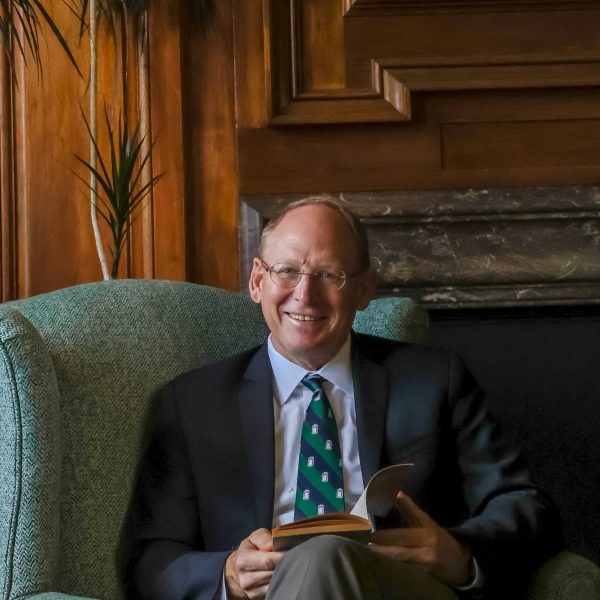
At Deerfield, our goal is not simply student achievement. Our goal—as it has been for decades upon decades—is to create a school that celebrates and promotes deep bonds, health, inclusion, and the individuality of each and every student. We look forward to learning more about you, and to the possibility of welcoming you into our dynamic and joyful community.
— John Austin, Ph.D., Head of School